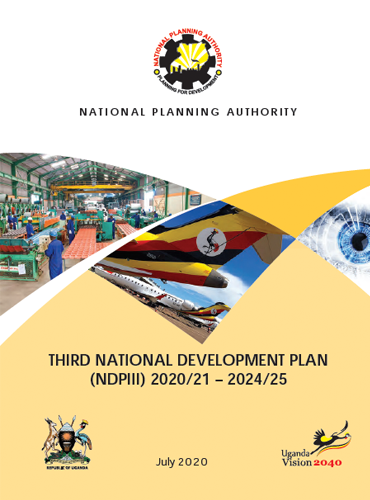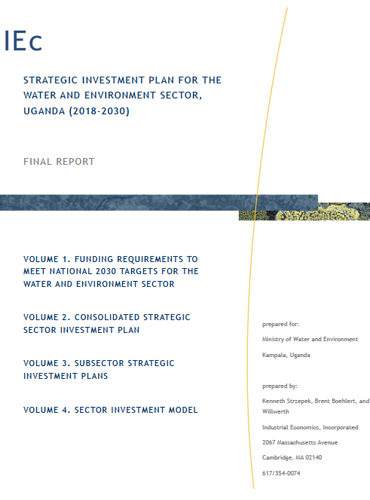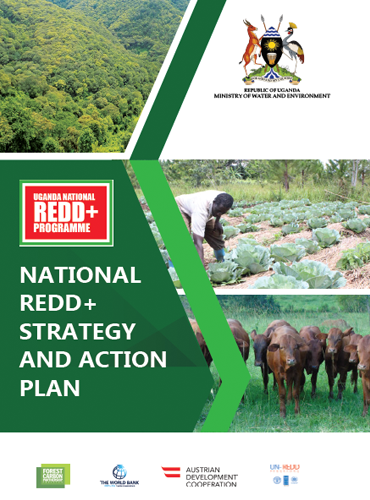National Climate Change Policy
The Climate Change Policy as well as several other studies carried out by different institutions clearly show that climate change affects and will continue to affect us all, through its impacts on different sectors and other crucial aspects of our lives.
Uganda’s National Development Plan II (2016-2021) as well as the Country’s vision 2040 and Sustainable Development Goals (SDGs) already recognise that addressing the challenges of climate change is key to enhancing sustainable economic and social development.
The National Climate Change Policy (NCCP) and its accompanying costed implemented strategy which were approved by Cabinet on 1st April 2015 were intended to guide all climate change activities and interventions in the country. The goal of the policy is to ensure a harmonized and coordinated approach towards a climate-resilient and low-carbon development path for sustainable development in Uganda.
The main objective of the policy is to ensure that all stakeholders address climate change causes and impacts through appropriate measures, while promoting sustainable development and a green economy. This buy-in by all stakeholders is made possible by the fact that the NCCP was developed after a comprehensive and widespread consultation process at both the national and local levels. The process was driven by the Ministry of Water and Environment








